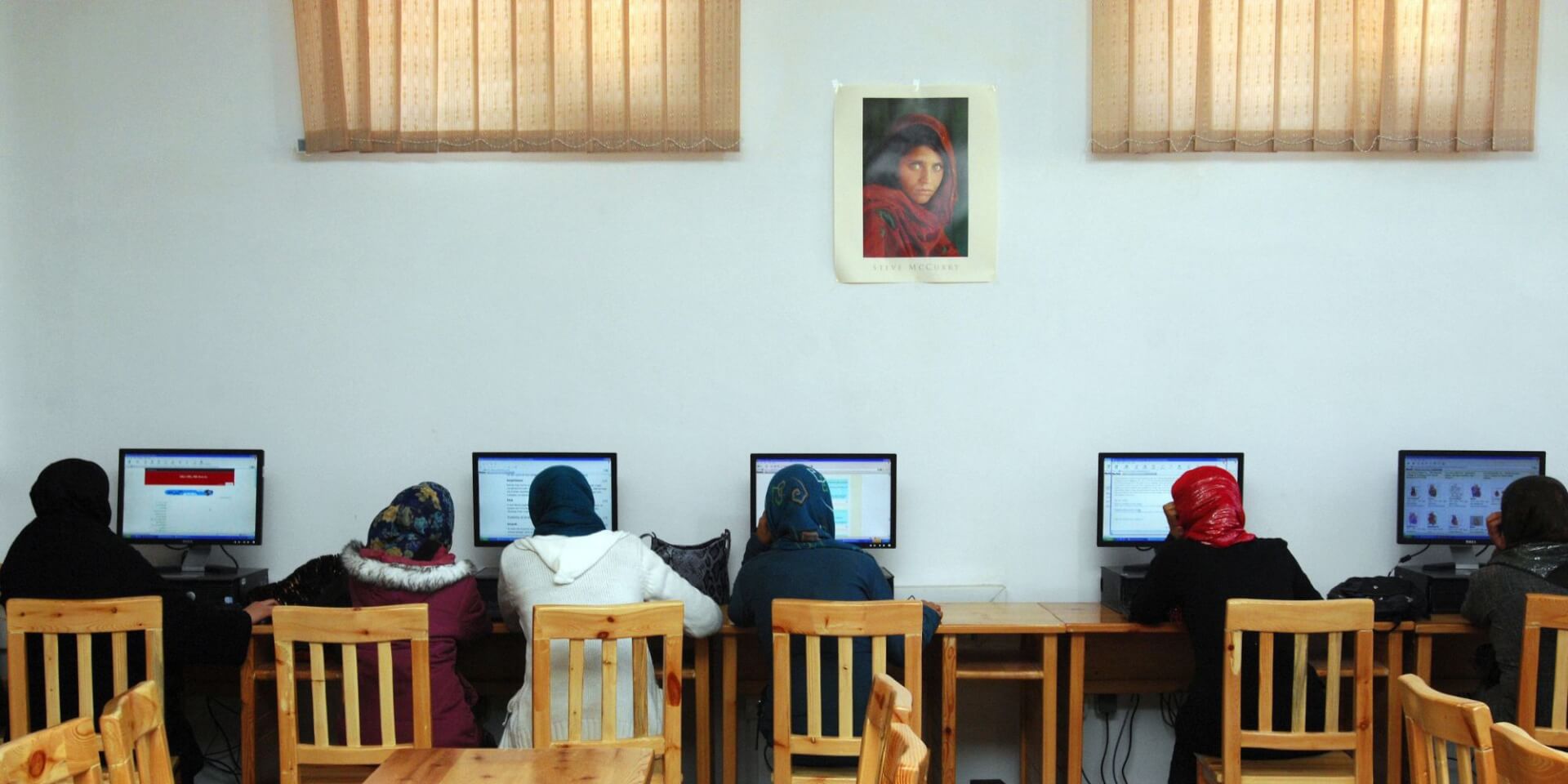
2 January 2023
Paris, France
The International Science Council is deeply saddened by the recent decision of the authorities in Afghanistan to ban women from participating in university-level education. This measure, the latest in a series of negative actions affecting the ability of Afghani women and girls to participate in education, is at odds with both the Sustainable Development Goals and the Universal Declaration of Human Rights, which entrench the basic moral requirement for equity and the entitlement to education.
Education is critical to the social, cultural and economic progress of any country and to the wellbeing of its citizens. As societies have empowered and included women and girls in their education and science systems, so too have those countries achieved better social, health and economic outcomes. The decision to exclude Afghani women from university-level education will impede the social, cultural and economic development of Afghanistan.
Knowledge derived from scientific research is fundamental to human progress and creativity. Education allows the benefits of knowledge to be universally shared. More generally, education helps ensure that the application of science contributes productively to all societies.
The International Science Council is fully committed to promoting equitable access to education and participation in science in all societies irrespective of their political structure. It urges the authorities to reverse their decision on excluding women from university education. The Council stands ready to support Afghani women and girls in meeting their aspirations through education and engagement with science and invites the Afghan authorities to meet with us to further this goal.
Sir Peter Gluckman, President, International Science Council
Dr Salvatore Aricò, CEO, International Science Council
On behalf of the ISC Governing Board
Image: Canva